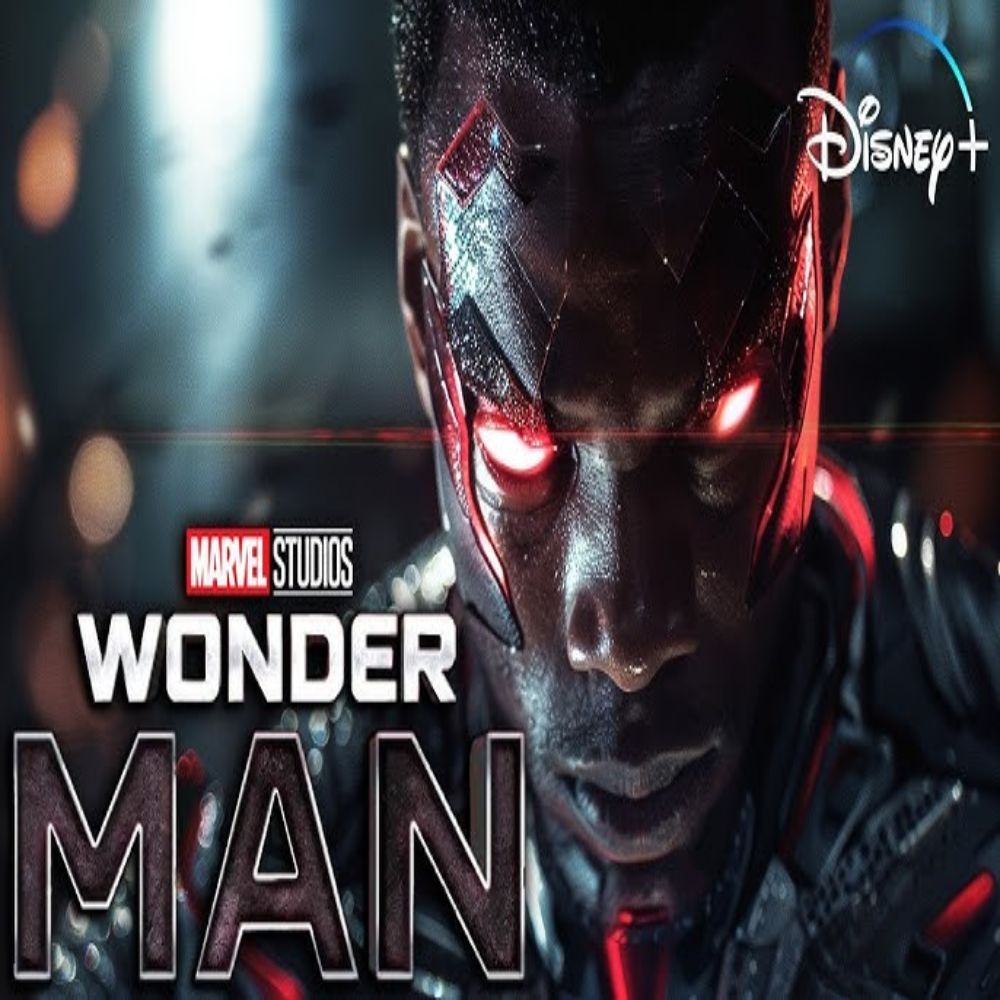Haben Girma is not only a human rights lawyer, a disability justice advocate, and a bestselling author, but also the first deafblind person to graduate from Harvard Law School. Her remarkable story of overcoming barriers and achieving her dreams is an inspiration to millions of people around the world.
Born in Oakland, California in 1988 to an Eritrean immigrant family, Haben lost her vision and hearing as a result of an unknown progressive condition in early 𝘤𝘩𝘪𝘭𝘥hood. She grew up in the United States, where she benefited from civil rights laws such as the Americans with Disabilities Act (ADA) and accessible technology such as a digital Braille device. The ADA is a federal law that prohibits discrimination against people with disabilities in several areas, including employment, education, transportation, public accommodations, communications, and access to state and local government programs and services. The ADA also requires employers, public entities, and private businesses to provide reasonable accommodations to people with disabilities, such as auxiliary aids and services, modifications of policies and practices, and physical accessibility. The ADA protects the rights of both employees and job seekers with disabilities, as well as customers and clients with disabilities.

Haben attended mainstream public schools and graduated from Skyline High School in 2006. Haben’s passion for education and social justice led her to travel to Mali at the age of 15 to volunteer with buildOn, a nonprofit organization that builds schools in developing countries. She then attended Lewis & Clark College, where she graduated magna cum laude in 2010. She successfully advocated for her legal rights to accommodations in the school cafeteria, setting a precedent for other students with disabilities.
Haben then became the first deafblind student to attend and graduate from Harvard Law School, earning her J.D. in 2013. She says she became a lawyer in part to help increase access to books and other digital information for people with disabilities. She joined Disability Rights Advocates (DRA) in Berkeley, California as a Skadden Fellow and worked there as a staff attorney until 2016. She represented the National Federation of the Blind and a blind Vermont resident in a lawsuit against Scribd, an online reading platform, for allegedly failing to provide access to blind readers, in violation of the ADA.

Haben has received numerous honors and awards for her work, including being named a White House Champion of Change by President Obama, who also invited her to speak at the White House. She received the Helen Keller Achievement Award from the American Foundation for the Blind, a spot on the Forbes 30 Under 30 list, and TIME100 Talks. She has been featured by The New York Times, Oprah Magazine, and TODAY Show. She has also met and spoken with other world leaders such as President Bill Clinton, Prime Minister Justin Trudeau, and Chancellor Angela Merkel.
Haben believes that disability is an opportunity for innovation and that inclusion is a choice. She teaches organizations and individuals the importance of choosing accessibility and diversity, which benefit everyone. She travels around the world to deliver engaging presentations on accessibility, leadership, and empowerment. She also wrote a memoir titled Haben: The Deafblind Woman Who Conquered Harvard Law, which was published in 2019. The memoir narrates her adventures around the world, including her parents’ homes in Eritrea and Ethiopia, building a school under the scorching Saharan sun, training with a guide dog in New Jersey, climbing an iceberg in Alaska, fighting for blind readers at a courthouse in Vermont, and talking with President Obama at The White House.
In other news about amazing young lawyers is Jessikah Inaba, UK’s first black and blind barrister. She was 𝐛𝐨𝐫𝐧 with a rare eye condition called bilateral microphthalmia, which means her eyes are smaller than usual. She grew up in Lewisham, southeast London, with her parents and siblings. She attended local schools that had units to support pupils with visual impairments. She then moved to Camden, where she lives now.
She always had a passion for law and justice, and decided to pursue her dream of becoming a barrister. She enrolled at the University of Law in London Bloomsbury, where she studied law, a master’s degree, and a professional training course. She completed all her studies in Braille, using a special screen that displays one line at a time, or specially printed books.
She faced many challenges and obstacles along the way, such as delays in getting her study materials in Braille, missing information from pictures and tables in the books, and having to prove herself as a lawyer and justify her need for special equipment. She also had to deal with the stereotypes and prejudices that come with being a black woman with a disability. Read more of Jessikah’s story here.
Haben and Jessikah are remarkable women who have overcome many challenges and achieved many successes. They are role models for people with disabilities and for anyone who faces obstacles in life. They shows us that with determination, creativity, and advocacy, anything is possible. Africa is proud of them.
At Rising Africa, we believe in the limitless potential of Africans to create a prosperous future for the continent. Join us in celebrating African excellence and building a brighter future for Africa.





